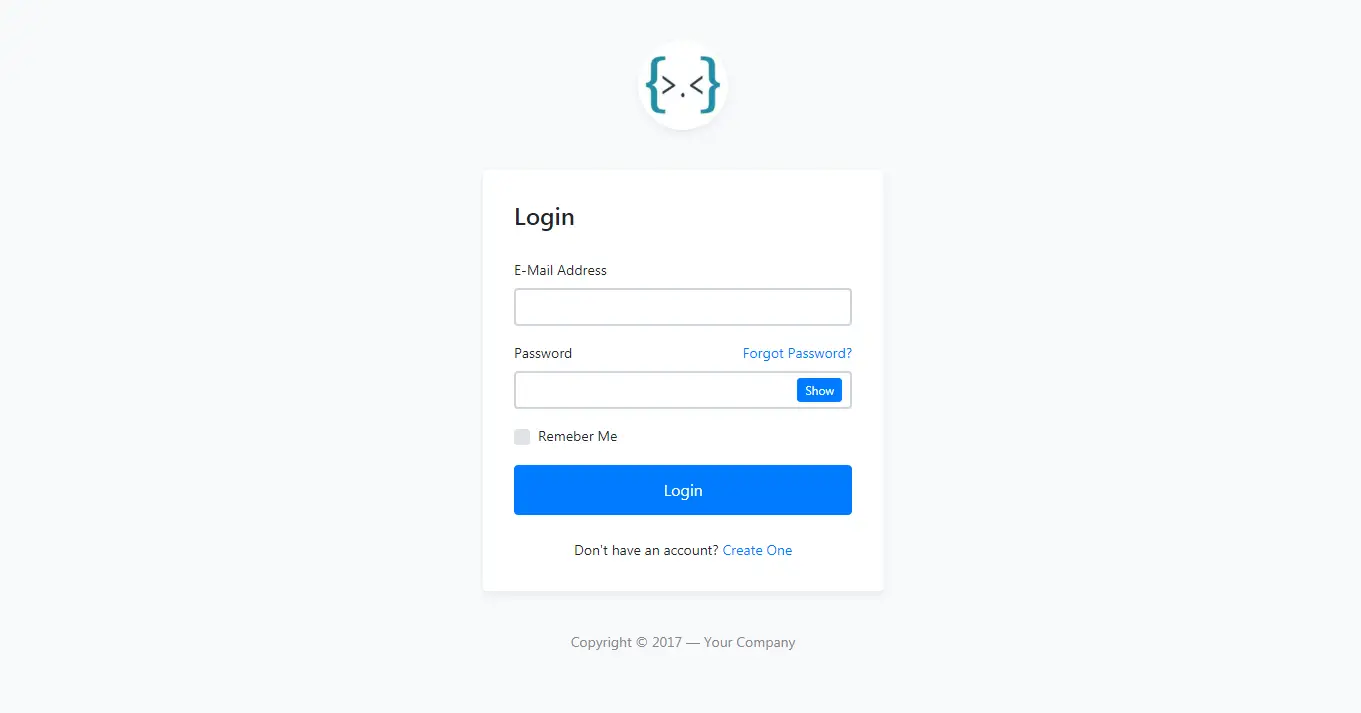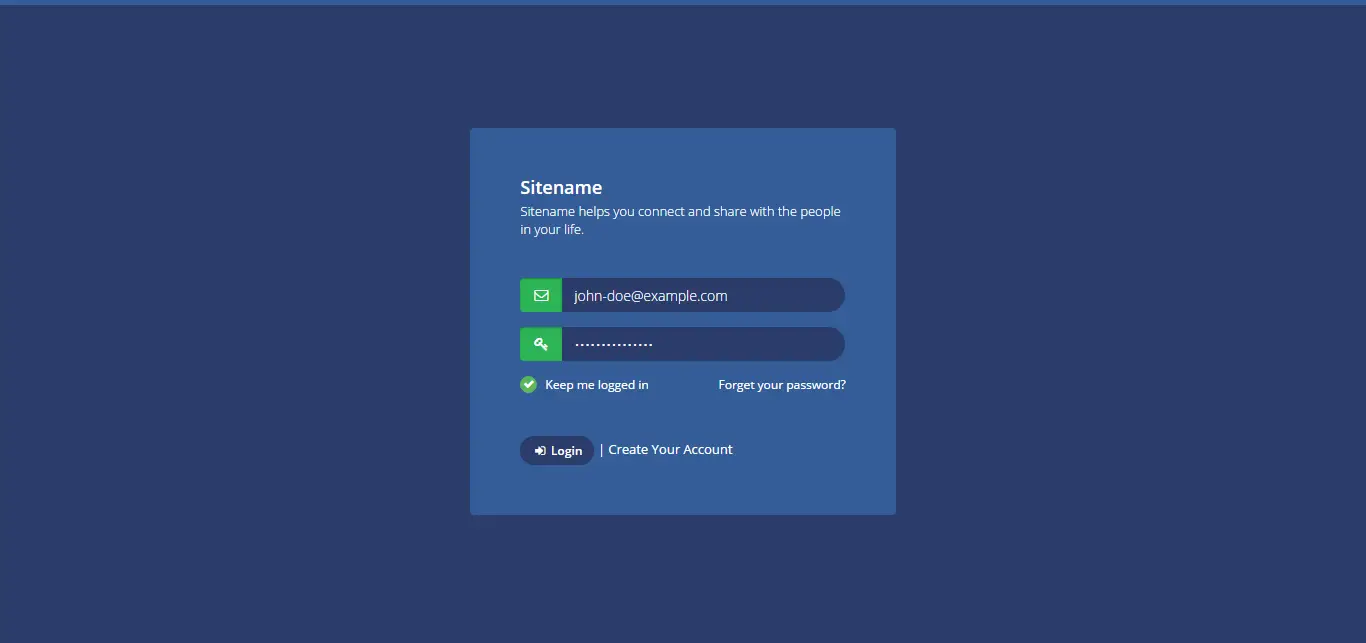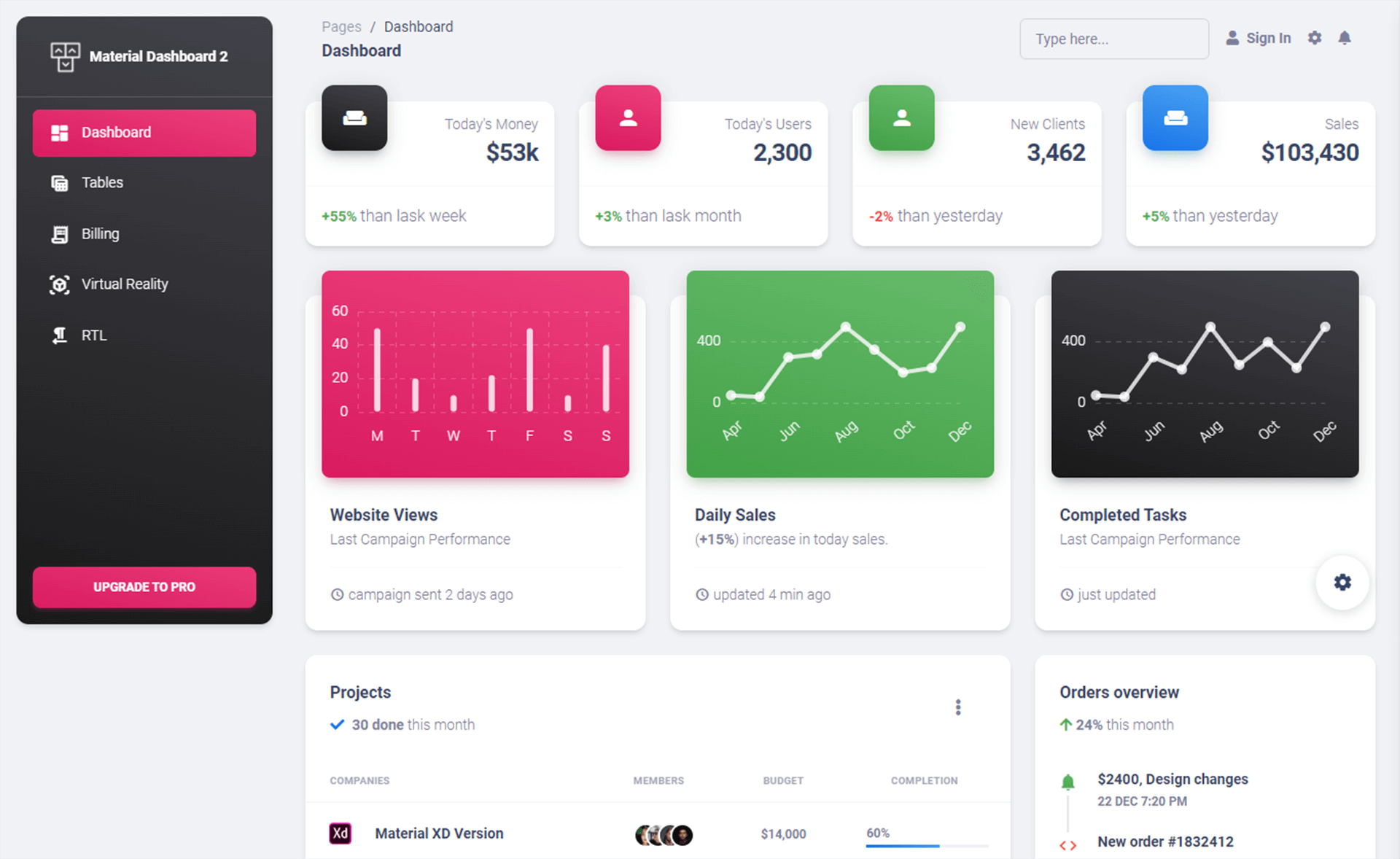HttpClient POST or PUT Json with content type application/json
By Tan Lee Published on Jan 09, 2025 344
It operates quite differently from the older WebRequest class. One key difference is how the content type is managed.
With HttpClient, the content type is specified directly in the body of the request (through StringContent), rather than as a header parameter. This is important if you're sending data like JSON with a POST or PUT request, as you'll need to explicitly set the content type in the StringContent object.
Here’s how you can send JSON data with the correct content type:
string json; var content = new StringContent( json, System.Text.Encoding.UTF8, "application/json" );
Now, let’s look at a practical example of a POST method that takes an object, serializes it into JSON, and sends it to a server:
using System.Net.Http;
using Newtonsoft.Json;
using System.Threading.Tasks;
private static readonly HttpClient _httpClient = new HttpClient();
public async Task<bool> PostJsonDataAsync(object data, string url)
{
var jsonContent = JsonConvert.SerializeObject(data);
using (var content = new StringContent(jsonContent, System.Text.Encoding.UTF8, "application/json"))
{
// Perform asynchronous POST request
HttpResponseMessage response = await _httpClient.PostAsync(url, content);
if (response.IsSuccessStatusCode)
{
// Check if the status code is 201 Created
if (response.StatusCode == System.Net.HttpStatusCode.Created)
return true;
}
// Read and throw detailed error if not successful
string errorDetails = await response.Content.ReadAsStringAsync();
throw new HttpRequestException($"Failed to POST data: ({response.StatusCode}): {errorDetails}");
}
}In this example, the method serializes an object into JSON using JsonConvert.SerializeObject, then sends it via a POST request.
Note that we are not leveraging the asynchronous nature of HttpClient here, which would be a more efficient approach in real-world scenarios.





